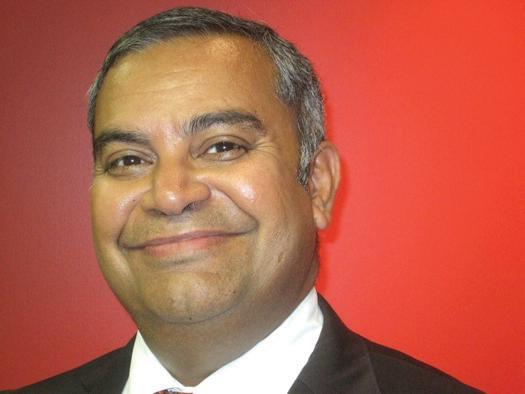
2 minute read
Mum’s juggling act
from 2010-05 Melbourne
by Indian Link
Migrating to a new country often means severing your day-to-day links with a support network around you in your country of origin. While men arriving in a new country may struggle initially to get a job to their professional liking, women are often more challenged in the new environment. That they do settle down ultimately, not only adjusting to their new situation but often excelling in it, is a tribute to their personality, tenacity and drive.
For a new couple arriving into the country, the first priority is to get financial stability by one of the partners getting a job. Invariably, the emphasis is on the male who, once a job is procured, falls into a routine which may not be very dissimilar from what they may have undertaken in India. With new work colleagues and professional challenges, their professional life now has momentum. Their personal life may be different to that in India, as they are now able to spend more time directly with their families as compared to the longer hours and weekends they may have been working in India.
The women in general, especially those with young children, find the settling-in period a lot more taxing. For some, who were not used to driving in India either because of ease of using public transport or having a family chauffeur, the lack of a driving license is probably the first hurdle which needs to be passed. Without this
BY PAWAN LUTHRA

piece of plastic, their ability to settle in is more difficult, especially if children’s needs are to be met.
While this problem is being solved, there are other family routines to be worked out. In India, there would often be an army of people to assist – extended family members, domestic help etc, whereas in Australia, all these issues have to be resolved by the newly migrated mothers themselves.
Important decisions need to be made – from type of schooling to extra curricular activities. While fathers are deeply involved in the whole process, mothers at times tend to shoulder a greater responsibility than they perhaps did in India.
“Mum’s taxi” is a phrase which is often heard because the mother has to take on greater activities as the family is keen to expose their children to a wider range of options in Australia – be it extra cricket lessons or piano lessons or helping their maths skills through tutoring – all this while the mums juggle with the option of having a professional career for themselves as well. Being in a country where the concept of a ‘supermum’
(who can perform her normal domestic duties, as well as work towards ensuring her children’s overall welfare, while still holding down her own job), is often discussed, the mother is also keen to fulfil her personal ambitions. After all, a number of Indian women are well educated and capable of being recognised professionally. Besides, as migrants, it does help in supplementing the family income.
Over a period of time, the mums settle down, their young ones find their way around the schooling system in Australia, the husbands make peace with their professional positions, they establish a network of friends and confidantes who are different to their group of friends in India but have gone through similar baptism of fire in Australia, and, to quote from a recent Hindi movie, “Aall ees well”!
On this Mother’s Day, let us salute the mothers who have managed to keep all the balls in the air and have still retained their sanity.










